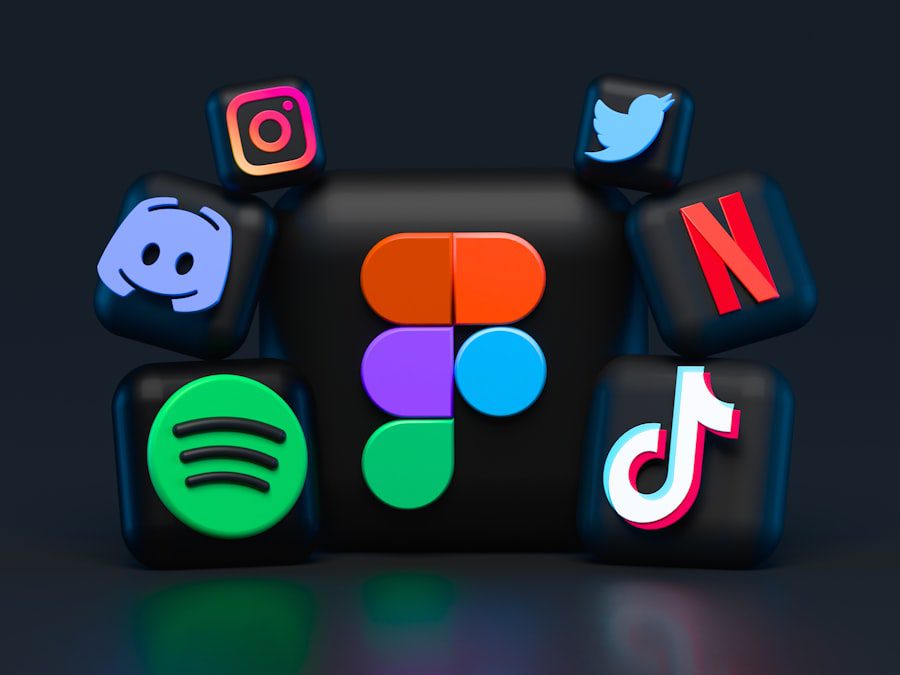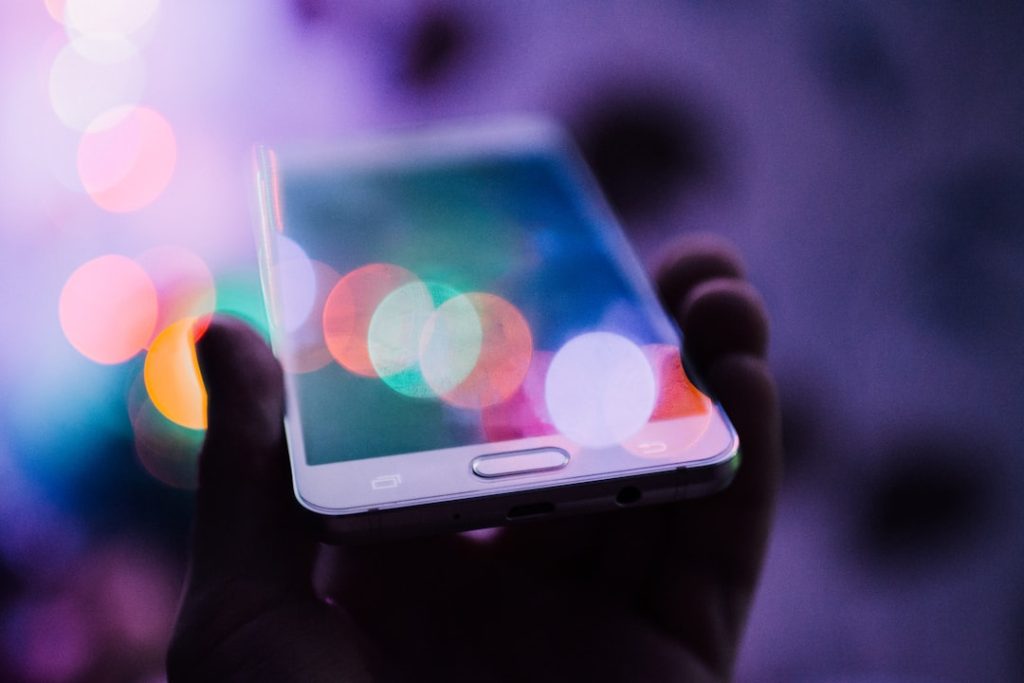In the contemporary landscape, social media has emerged as a powerful tool that shapes public discourse, influences political movements, and fosters community engagement. The intersection of social media and liberty is particularly significant, as these platforms provide a space for individuals to express their thoughts, share information, and mobilize for causes they believe in. Liberty, in this context, refers to the fundamental rights and freedoms that allow individuals to act according to their own will, free from oppressive restrictions imposed by authority.
The advent of social media has transformed how these liberties are exercised, creating both opportunities and challenges. The rapid proliferation of social media platforms has democratized access to information and communication. Individuals from diverse backgrounds can now voice their opinions, share their experiences, and connect with like-minded individuals across the globe.
This newfound ability to communicate freely has the potential to empower marginalized communities and amplify voices that have historically been silenced. However, the relationship between social media and liberty is complex; while these platforms can serve as a catalyst for freedom of expression, they can also be manipulated to suppress dissent and control narratives. Understanding this duality is essential for navigating the modern digital landscape.
Key Takeaways
- Social media has the potential to both promote and hinder liberty, making it a powerful tool with significant impact.
- Social media can promote liberty by providing a platform for free expression, organizing movements, and spreading awareness of human rights issues.
- However, social media can also hinder liberty through censorship, spreading misinformation, and enabling surveillance and control by authoritarian regimes.
- Examples of social media promoting liberty include the use of hashtags to raise awareness of social justice issues and organizing protests against oppressive governments.
- Examples of social media hindering liberty include the spread of fake news and propaganda, online harassment and bullying, and the use of social media for surveillance and control by authoritarian regimes.
The Role of Social Media in Promoting Liberty
Facilitating Open Dialogue
The dynamic environment of social media fosters a culture of participation and activism, empowering individuals to advocate for their rights and the rights of others. This environment allows for the free exchange of ideas, enabling users to engage in discussions and debates about social issues that matter to them.
Empowering Grassroots Movements
One notable example of social media’s role in promoting liberty is the Arab Spring, a series of anti-government protests that swept across the Middle East and North Africa beginning in late 2010. Activists utilized platforms like Facebook and Twitter to organize protests, disseminate information, and document human rights abuses. The ability to share information and coordinate efforts in real-time was crucial in mobilizing support for the movement.
Mobilization and Accountability
The ability to share images and videos of protests in real-time galvanized support both locally and internationally, drawing attention to the struggles faced by those fighting for democratic reforms. This phenomenon illustrated how social media could serve as a powerful tool for mobilization, enabling citizens to challenge authoritarian regimes and demand accountability. By providing a platform for individuals to share their experiences and perspectives, social media helps to promote transparency and hold those in power accountable for their actions.
Promoting Liberty and Democracy
Overall, social media has become an essential tool for promoting liberty and democracy, enabling individuals to make their voices heard and mobilize support for social causes. As social media continues to evolve, it is likely to play an increasingly important role in shaping the future of social movements and promoting human rights around the world.
The Impact of Social Media on Hindering Liberty

While social media has the potential to promote liberty, it can also hinder it in various ways. One significant concern is the spread of misinformation and disinformation, which can distort public perception and undermine democratic processes. False narratives can proliferate rapidly on social media platforms, leading to confusion and polarization among users.
This phenomenon can be particularly detrimental during elections or crises when accurate information is crucial for informed decision-making. The manipulation of information can create an environment where individuals are unable to discern truth from falsehood, ultimately eroding trust in institutions and democratic processes. Moreover, social media platforms can become tools of surveillance and censorship.
Governments and corporations may exploit these platforms to monitor user activity, suppress dissenting voices, or manipulate public opinion. In some cases, authoritarian regimes have employed sophisticated tactics to control online discourse, including blocking access to certain platforms or employing bots to flood discussions with propaganda. This suppression of free expression not only hinders individual liberties but also stifles the collective ability of citizens to organize and advocate for change.
The paradox lies in the fact that while social media can empower individuals, it can also be weaponized against them.
Examples of Social Media Promoting Liberty
Numerous instances illustrate how social media has been instrumental in promoting liberty around the world. One prominent example is the #MeToo movement, which gained traction on social media platforms in 2017. This movement encouraged individuals to share their experiences with sexual harassment and assault, creating a global conversation about gender-based violence and systemic inequality.
The viral nature of the hashtag allowed survivors to connect with one another, fostering a sense of solidarity and empowerment. As stories emerged from diverse communities, the movement prompted widespread discussions about consent, accountability, and the need for cultural change. Another significant example is the use of social media during the Black Lives Matter (BLM) movement.
Following the tragic death of George Floyd in May 2020, protests erupted across the United States and around the world. Social media played a crucial role in amplifying the message of BLM, allowing activists to share videos of protests, document instances of police brutality, and raise awareness about systemic racism. The hashtag #BlackLivesMatter became a rallying cry for millions, uniting individuals from various backgrounds in a collective demand for justice and equality.
This movement demonstrated how social media could serve as a platform for marginalized voices, fostering dialogue and driving social change.
Examples of Social Media Hindering Liberty
Despite its potential for positive impact, social media has also been implicated in hindering liberty through various mechanisms. One stark example is the role of social media in the spread of hate speech and extremist ideologies. Platforms like Facebook and Twitter have faced criticism for allowing harmful content to proliferate unchecked, leading to real-world violence and discrimination.
The Christchurch mosque shootings in New Zealand in 2019 highlighted this issue when the perpetrator live-streamed the attack on Facebook. The incident raised urgent questions about the responsibility of social media companies in moderating content and preventing the spread of hate. Additionally, governments have increasingly turned to social media as a means of surveillance and control.
In countries like China, state authorities employ sophisticated algorithms to monitor online activity and suppress dissenting voices. The Chinese government’s use of WeChat as a surveillance tool exemplifies this trend; users are often subject to censorship and monitoring based on their online behavior. Such practices not only infringe upon individual liberties but also create an atmosphere of fear that stifles free expression.
The chilling effect of state-sponsored surveillance serves as a stark reminder of how social media can be co-opted to undermine democratic values.
The Responsibility of Social Media Platforms in Upholding Liberty

Transparency and Clear Guidelines
To effectively promote liberty, social media platforms must prioritize transparency in their operations and establish clear guidelines for content moderation. This balance is crucial, as it protects free expression while addressing harmful content.
Combating Misinformation
Social media companies must invest in robust mechanisms to combat misinformation and disinformation. This includes employing fact-checkers, enhancing algorithms to identify false narratives, and providing users with tools to verify information before sharing it.
Fostering a Healthier Public Discourse
By fostering an informed user base, social media platforms can contribute to a healthier public discourse that supports democratic values. Furthermore, collaboration with civil society organizations can help ensure that marginalized voices are amplified rather than silenced.
Strategies for Using Social Media to Promote Liberty
To harness the potential of social media as a tool for promoting liberty, individuals and organizations can adopt several strategies. First and foremost is the importance of digital literacy; users must be equipped with the skills necessary to critically evaluate information encountered online. Educational initiatives aimed at enhancing digital literacy can empower individuals to discern credible sources from unreliable ones, fostering a more informed citizenry.
Furthermore, leveraging storytelling can be an effective way to promote liberty on social media. Personal narratives resonate deeply with audiences and can humanize complex issues. Activists can utilize platforms like Instagram or TikTok to share their experiences related to civil rights struggles or social justice initiatives.
By creating compelling content that engages users emotionally, advocates can inspire action and mobilize support for their causes. Collaboration among diverse groups is another key strategy for promoting liberty through social media. By forming coalitions that unite various movements—such as environmental justice advocates working alongside racial equity activists—individuals can amplify their messages and reach broader audiences.
This intersectional approach not only strengthens movements but also fosters solidarity among different communities fighting for liberty.
Balancing the Power of Social Media for Liberty
The relationship between social media and liberty is multifaceted; while these platforms offer unprecedented opportunities for expression and mobilization, they also pose significant challenges that must be addressed. As society continues to navigate this digital landscape, it is essential to strike a balance between harnessing the power of social media for positive change while mitigating its potential harms. By prioritizing transparency, accountability, and collaboration among stakeholders—users, platforms, governments, and civil society—there exists a pathway toward ensuring that social media serves as a force for liberty rather than oppression.
Ultimately, the future of liberty in the age of social media hinges on collective action and vigilance. Individuals must remain engaged in advocating for their rights while holding platforms accountable for their role in shaping public discourse. As we move forward into an increasingly interconnected world, fostering an environment where freedom of expression thrives will require ongoing commitment from all sectors of society.


